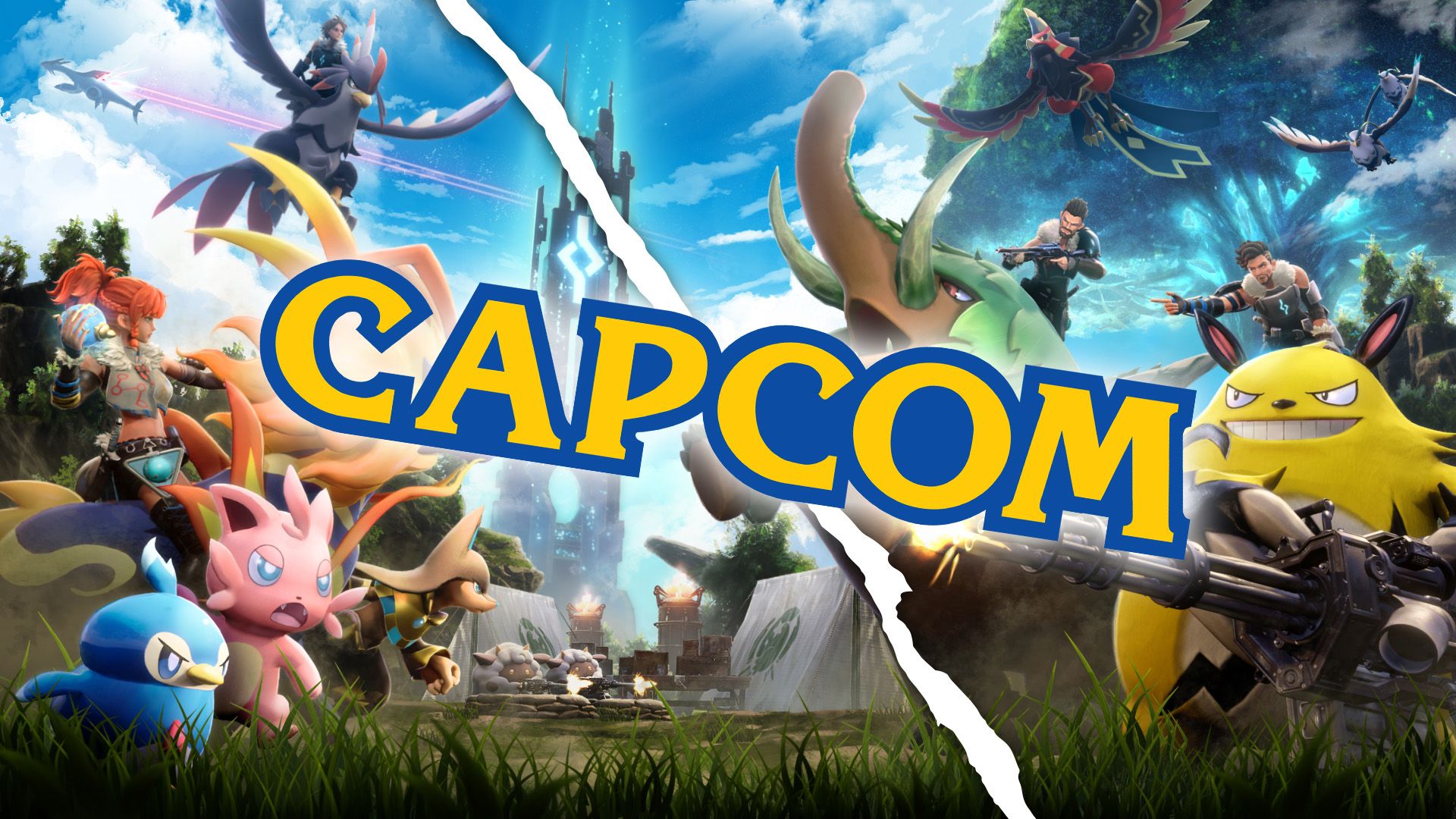Game industry veteran and former Capcom developer Yoshiki Okamoto has urged players not to buy Palworld, arguing that it “crossed a line.” His comment came as part of broader remarks on Nintendo’s ongoing lawsuit against the game, which alleges Palworld infringed on several of its patents.
Yoshiki Okamoto is a Japanese video game designer and producer with a career spanning four decades. He has 149 video game credits to his name, including key contributions to arcade classics Time Pilot and Gyruss, which pioneered certain shoot ’em up mechanics in the early 1980s. He joined Capcom in 1984 and kept designing titles—including Street Fighter 2—until the early 1990s, all the while transitioning to more high-level roles such as director and producer. His later executive credits include Resident Evil 2, Dino Crisis, Breath of Fire 4, Devil May Cry 2, and Dragon Ball: Origins, among dozens of other games. As of 2025, Okamoto works as the chairman of the Japan Game Culture Foundation, which is largely focused on supporting indie developers in the Far Eastern country.
Yoshiki Okamoto Calls Palworld 'Unacceptable'
In a late September 2025 video posted to one of his several YouTube channels, Okamoto offered his thoughts on the ongoing patent lawsuit Nintendo filed against Palworld, urging consumers not to buy it. “[Palworld] is currently a game that’s being sued, so it’s unacceptable,” he said. The industry veteran also asserted that Pocketpair’s game “crossed a line that should not be crossed,” adding that he doesn’t want “the world to become a place where this kind of thing is acceptable,” as translated by IGN.
Okamoto's Anti-Palworld Comments Spark Fan Criticism
Okamoto’s video amassed over 22,000 views within three days of going live, sparking hundreds of comments critical of the developer’s anti-Palworld sentiment. Some YouTube users posited that the mere existence of a lawsuit doesn’t prove anything, with others pointing out that Okamoto’s own games borrowed elements from other titles, just like Pocketpair’s monster-catching ARPG did. Though Nintendo’s allegations against Palworld are much more specific than that kind of borrowing, dozens of fans have still labeled Okamoto’s comments as premature at best.
According to a court filing unearthed in spring 2025, Pocketpair argues that its game does not infringe Nintendo’s patents, while also contesting their validity. Before that, however, the company removed the ability to ride flying creatures in Palworld—one of the features targeted by the lawsuit—and replaced it with a glider. The move does not constitute an admission of guilt, but rather a precaution in case Pocketpair loses the case and becomes liable for damages, which would likely be calculated based on the length of any proven infringement.
[Palworld] is currently a game that’s being sued, so it’s unacceptable.
The case, filed in Japan, is still ongoing as of October 2025. Over the summer, Nintendo amended one of the patents central to the lawsuit, requiring the Tokyo District Court to reexamine numerous claims, which slowed down the proceedings. Given these developments and historical trends, the Palworld lawsuit appears unlikely to be resolved before mid-2026 at the earliest, unless a settlement is reached, though there are currently no indications of such an outcome being on the horizon.
